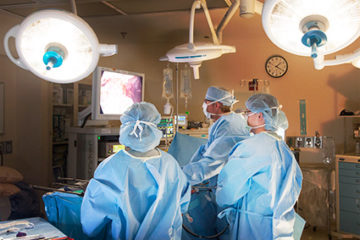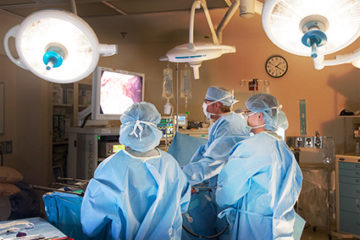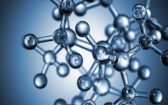Stem Cell therapy
Keratoconus and Corneal Dystrophy Stem Cell therapy
Keratoconus and Corneal Dystrophy Stem Cell therapy The growing field of stem cell therapy is aimed at another potential eye target: corneal dystrophy. Research team completed clinical research showing that stem cells can produce new collagen. Stem cell therapy is designed to strengthen and correct the cornea in patients with Read more…






